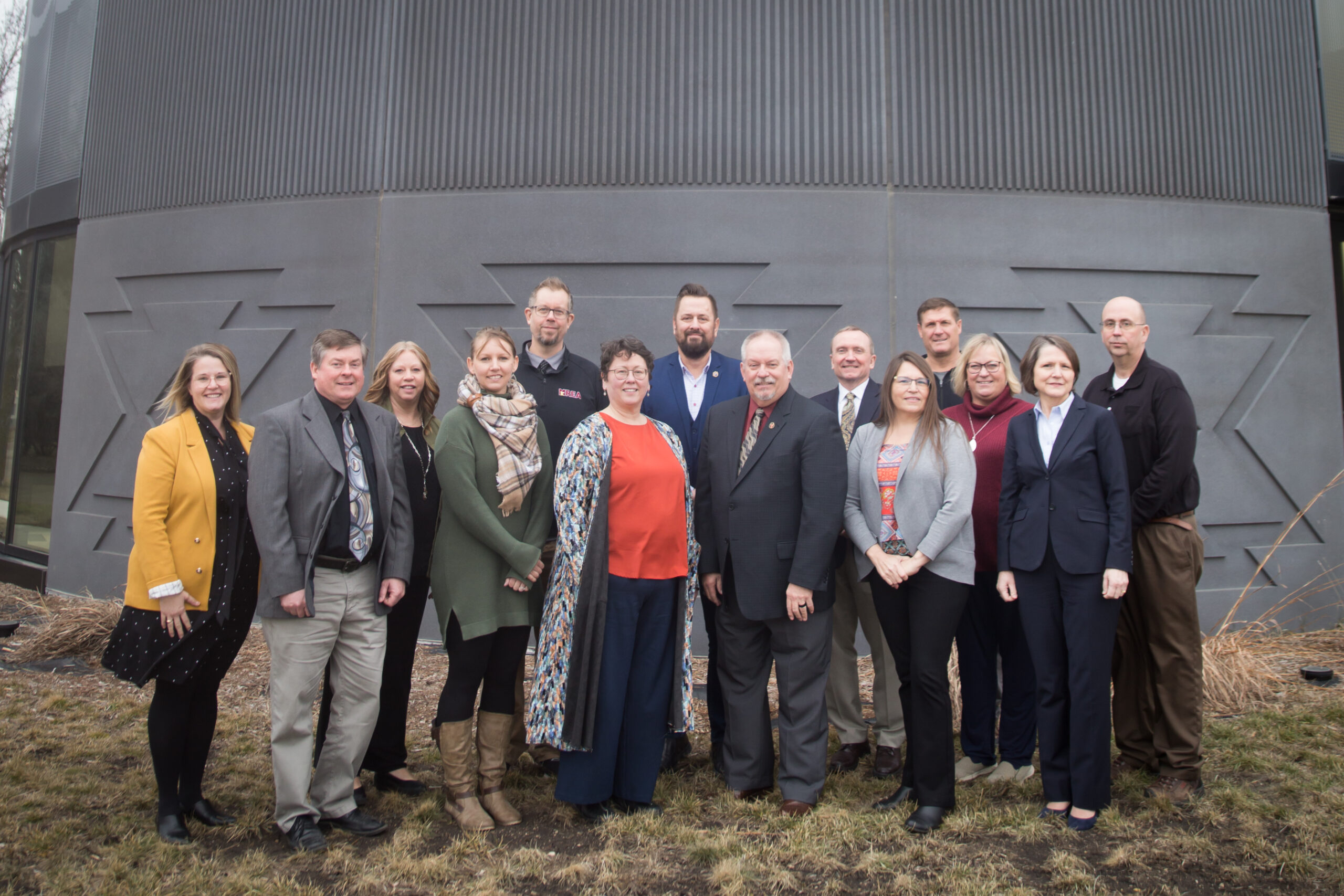Week 3 – February Budget Forecast Released
Last week Minnesota Management & Budget presented the February budget forecast, which is a formal update to the forecast previously released in December. Last week’s news was positive, but there are still cautionary yellow lights flashing on the horizon. There’s a continued pile-up of one-time cash projected for the current biennium, now estimated at $3.7B.
However, the biennial cycle to follow, called “the tails budget” still shows revenues coming in under total spending, before and inflationary assumption is applied, which makes the ‘structural balance’ a bit worse.
MMB Commissioner Erin Campbell advised against the legislature making major changes to on-going spending at this time. The Governor indicated he was considering a very modest supplemental budget bill that could be released in a week or two.
E-12 expenditures are forecast to reach $24.5B in FY 2024-25, $37M (0.1 percent) higher than the November 2023 forecast. Special education is estimated to cost an additional $48M (1.0 percent) and nutrition programs are estimated to cost $27M (5.1 percent) more compared to November 2023 estimates. The spending increase is partially offset by a lower projection for general education spending of $36M (0.2 percent) relative to the prior forecast.
House and Senate Education leaders are downplaying any on-going spending target for education programs this session. There may be some one-time money available for a supplemental education budget bill, but no commitments have been made by House and Senate leaders. They’re likely waiting to see what, if anything, the Governor proposes.
MMB Newsfeed / Minnesota Management and Budget (MMB)
Education Policy
State health standards
SF 3746 Status in the Senate for the 93rd Legislature (2023 – 2024)
The Senate Education Policy committee meets at 12:30 pm today to take up SF 3746, which would eliminate the last set of locally developed standards, which are health standards, and replace them with state standards that would be created through an MDE rule-making process. The list of topics for rule-making are based on a series of statutes, but not all would be would be enforced.
The proposed legislation reads:
The rules must include at least the expectations for learning listed in paragraphs (b) and (c), but must not require districts to implement the optional expectations in paragraph (c).
(b) The standards must include expectations for learning in the following areas:
- cardiopulmonary resuscitation and automatic defibrillator education that allows districts to include instruction for grades 7 through 12 that meets the
requirements of Minnesota Statutes, section 120B.236; - vaping awareness and prevention education that allows districts to include instruction for grades 6 through 8 that meets the requirements of Minnesota Statutes,
section 120B.238; - cannabis use and substance use education that allows districts to include instruction for grades 6 through 12 that meets the requirements of Minnesota Statutes,
section 120B.215; and - sexually transmitted infections and diseases education that meets the requirements of Minnesota Statutes, section 121A.23.
(c) The standards must include the following optional expectations for learning:
- mental health education in accordance with Minnesota Statutes, section 120B.21;
- child sexual abuse prevention education in accordance with Minnesota Statutes, sections 120B.021, subdivision 1, paragraph (d); and 120B.234;
- violence prevention education in accordance with Minnesota Statutes, section 120B.22;
- character development education in accordance with Minnesota Statutes, section 120B.232; and
- safe and supportive schools education in accordance with Minnesota Statutes, section 121A.031, subdivision 5.





